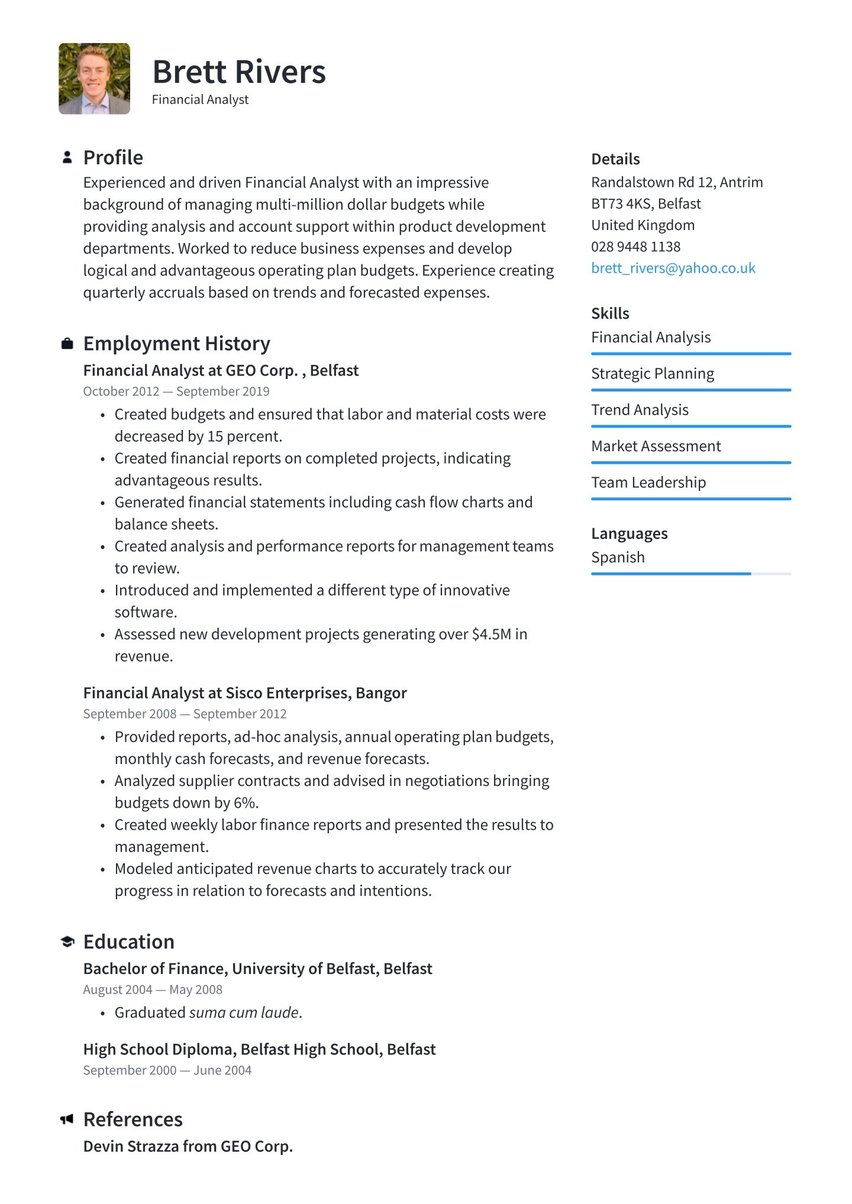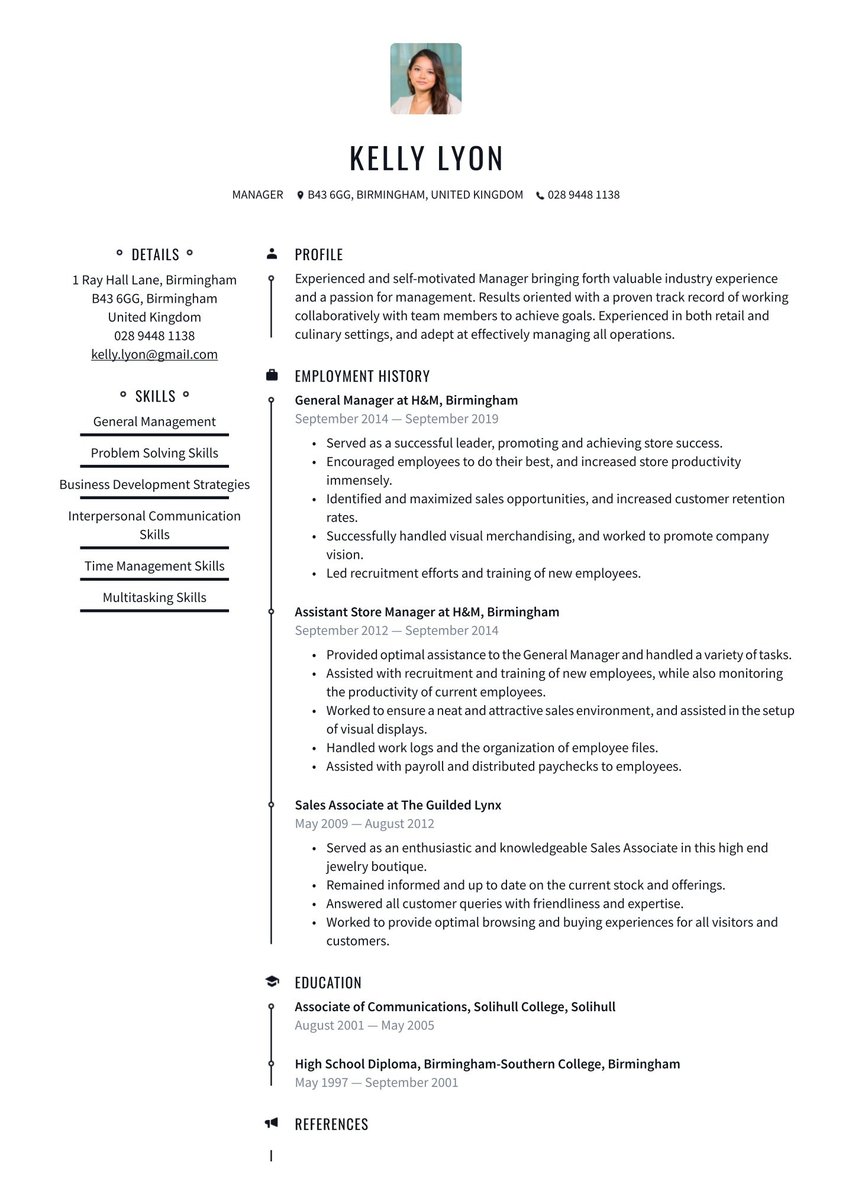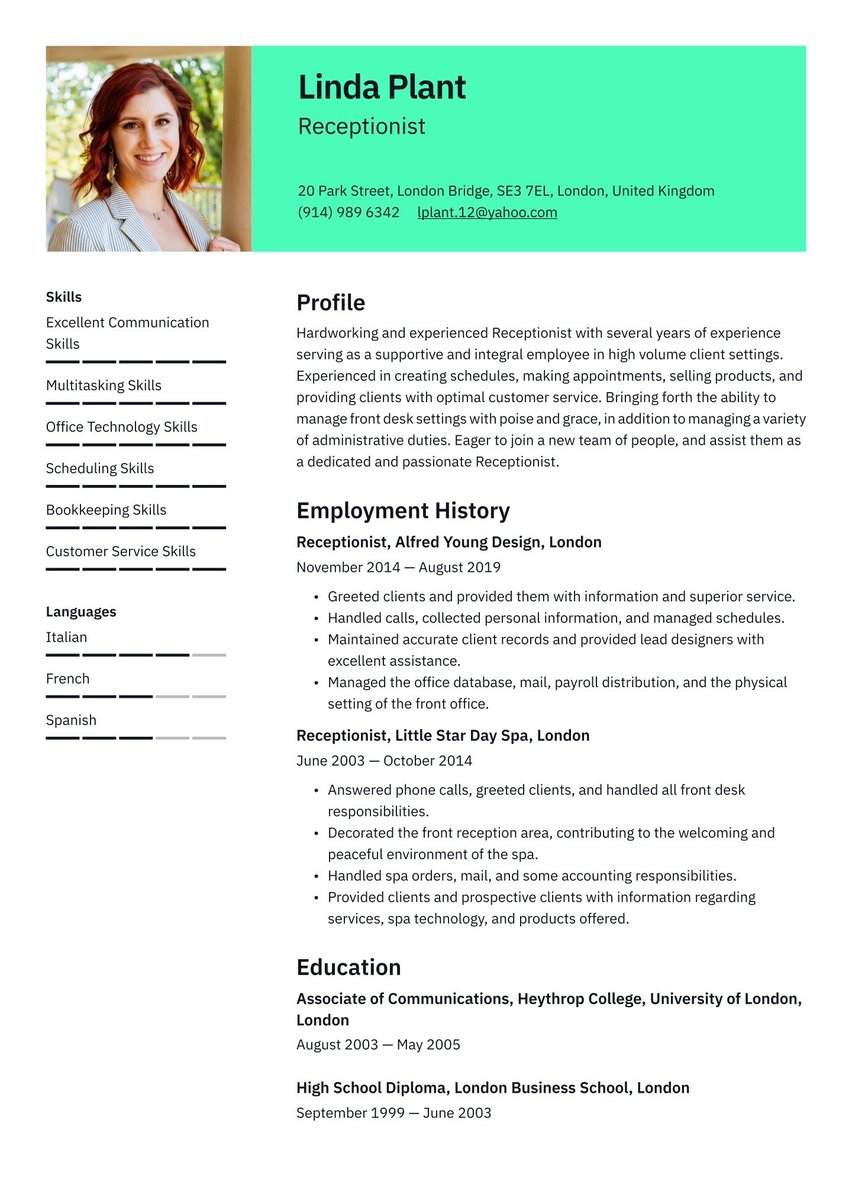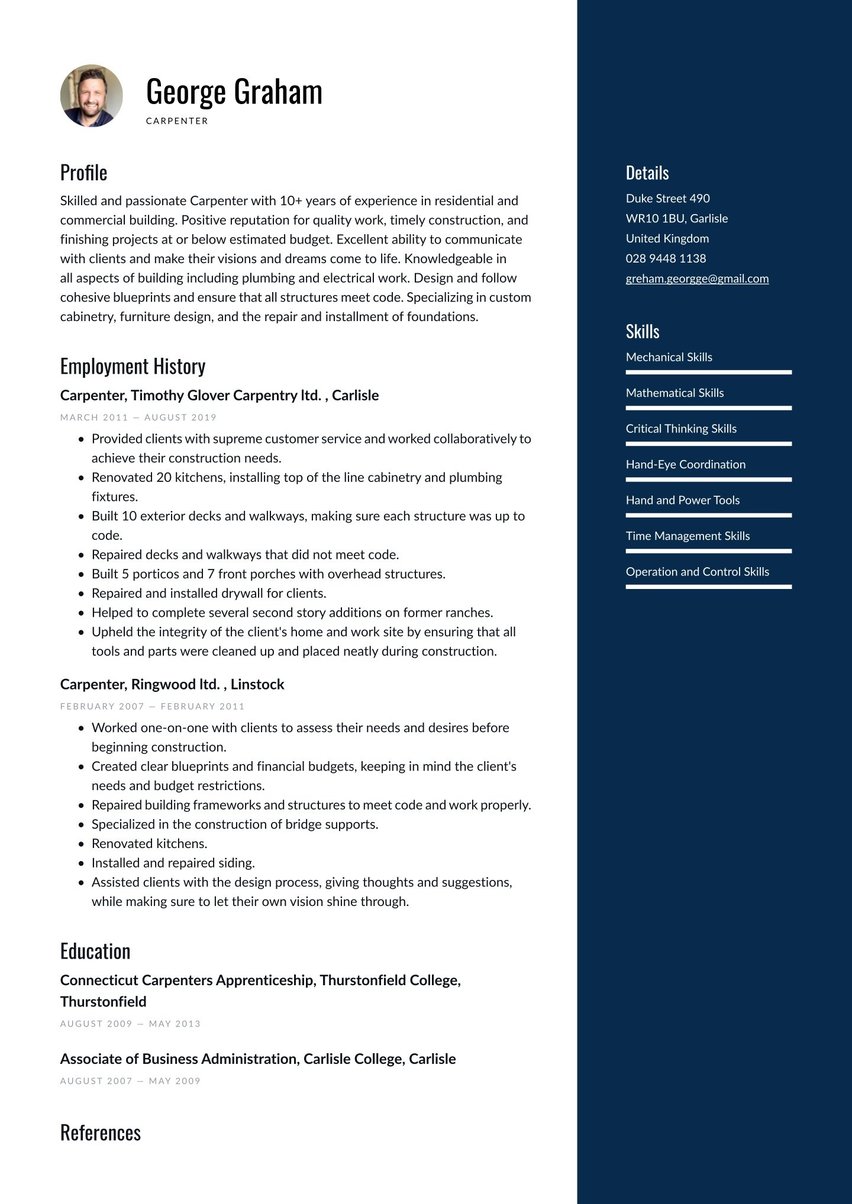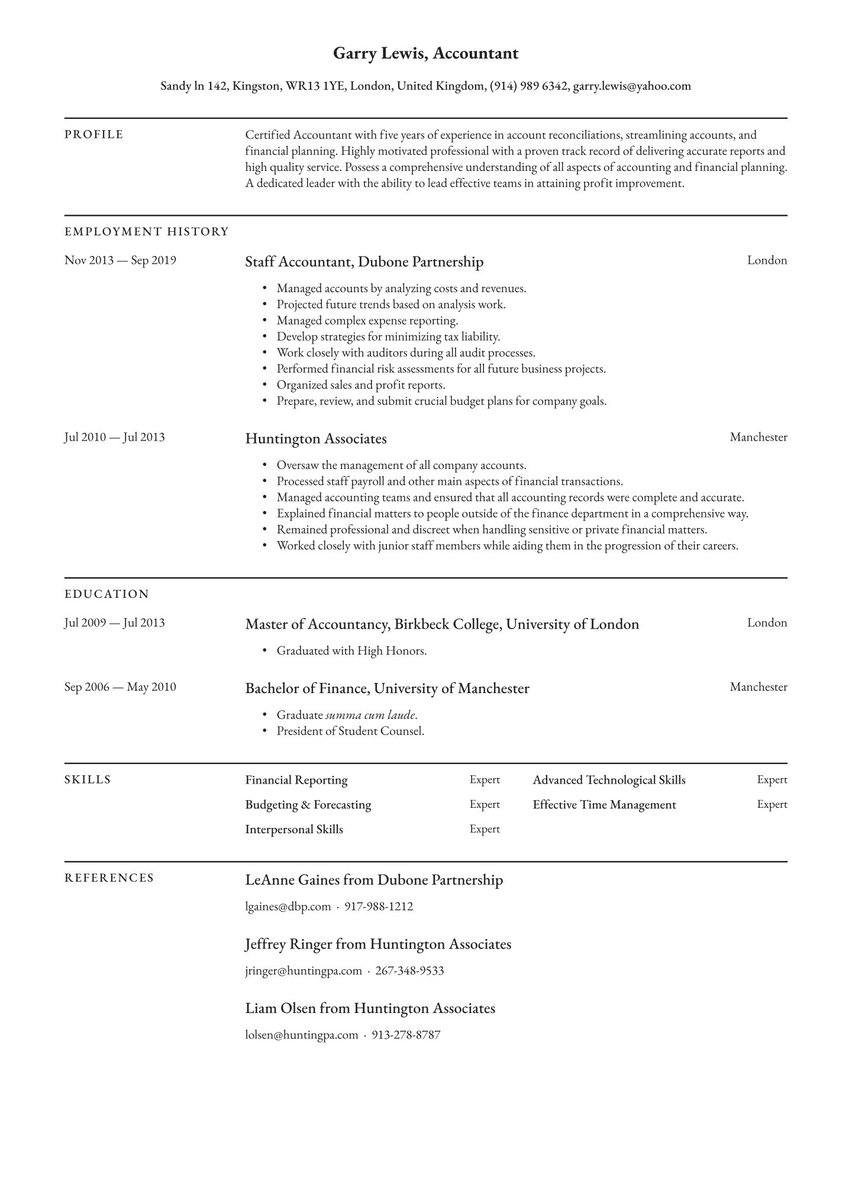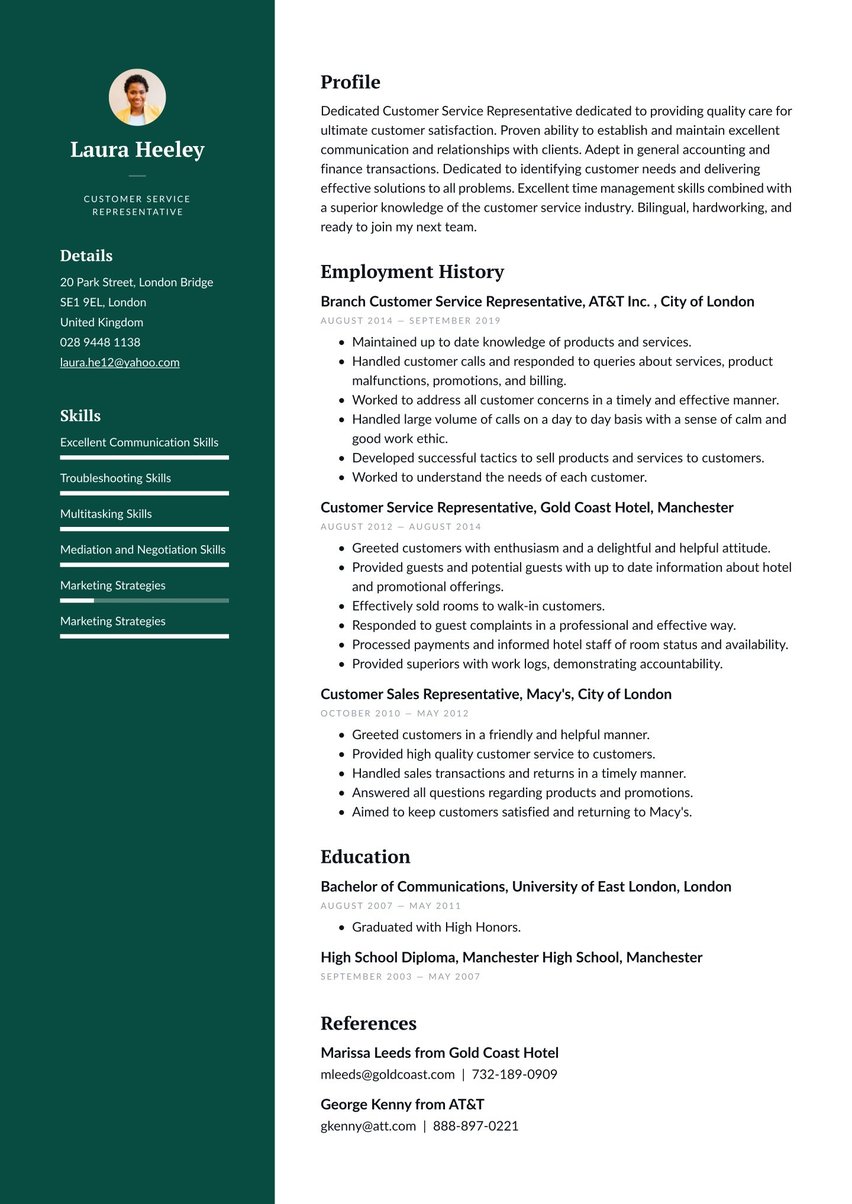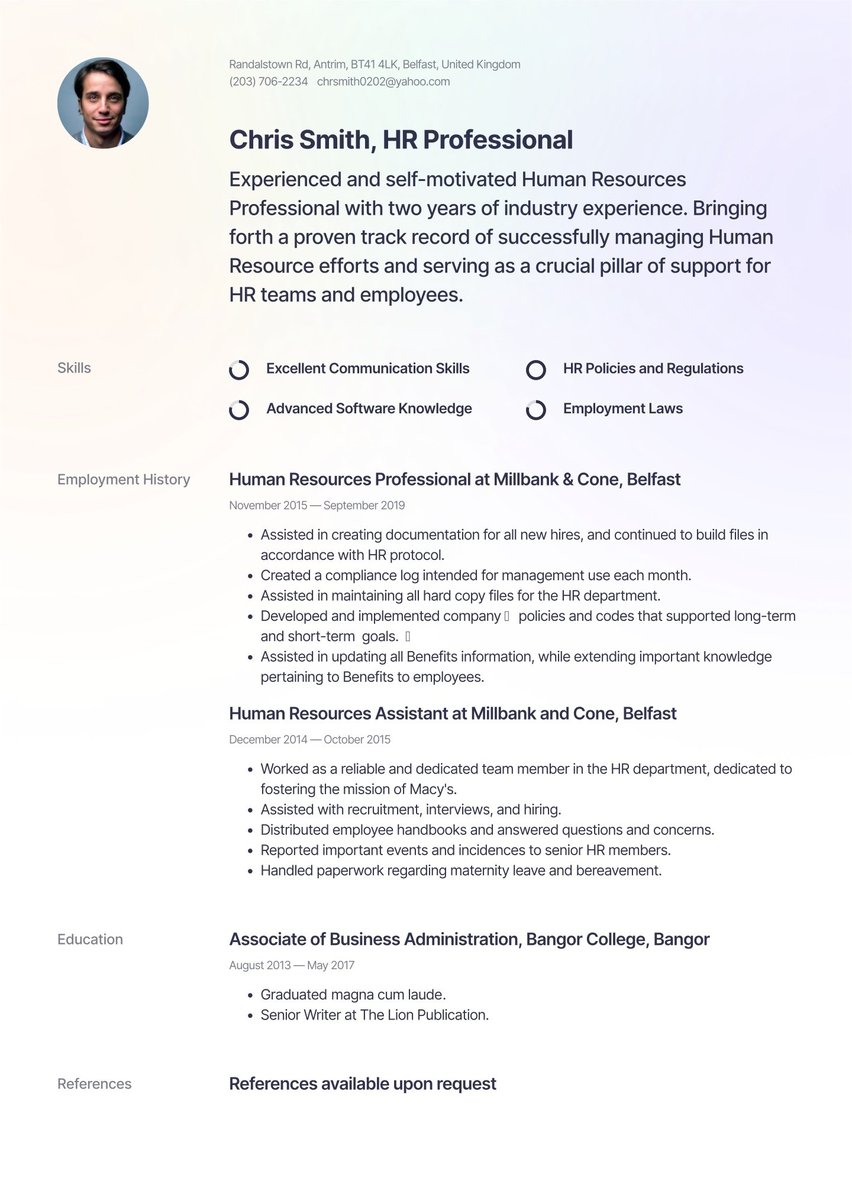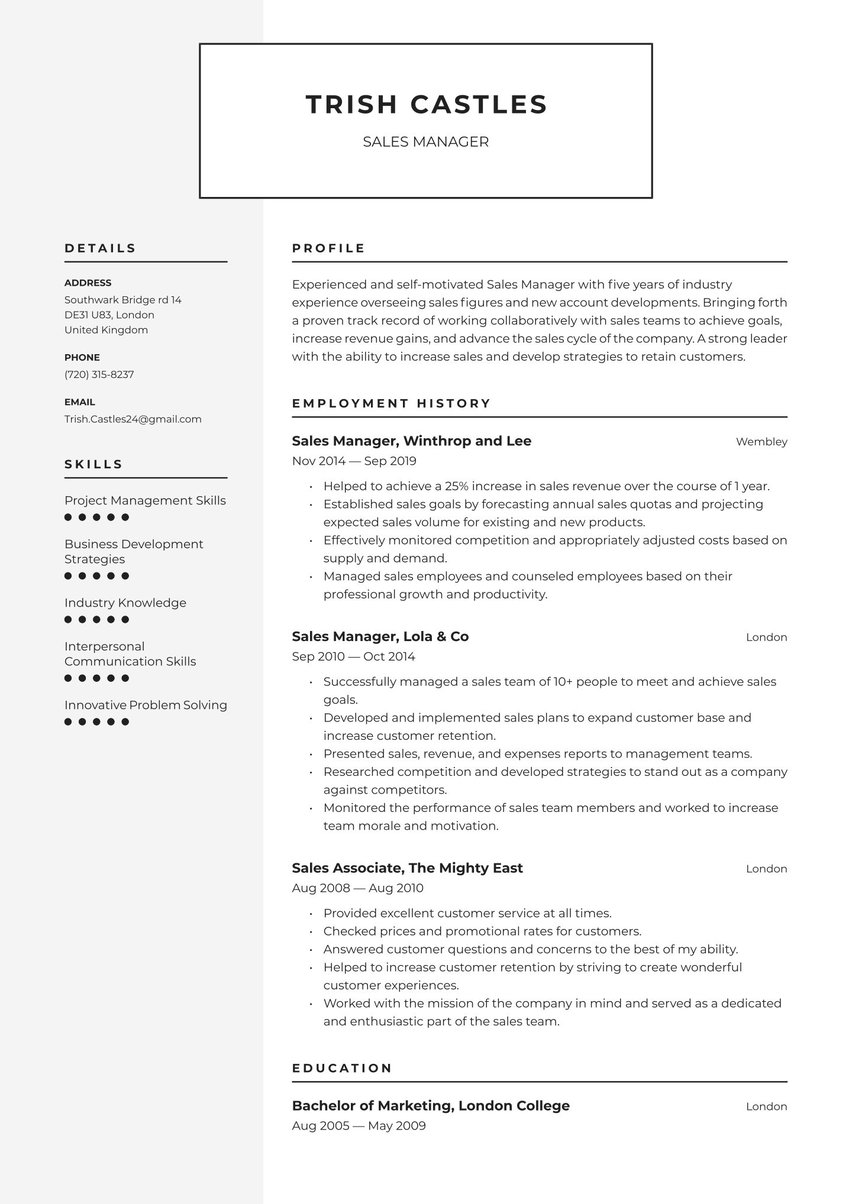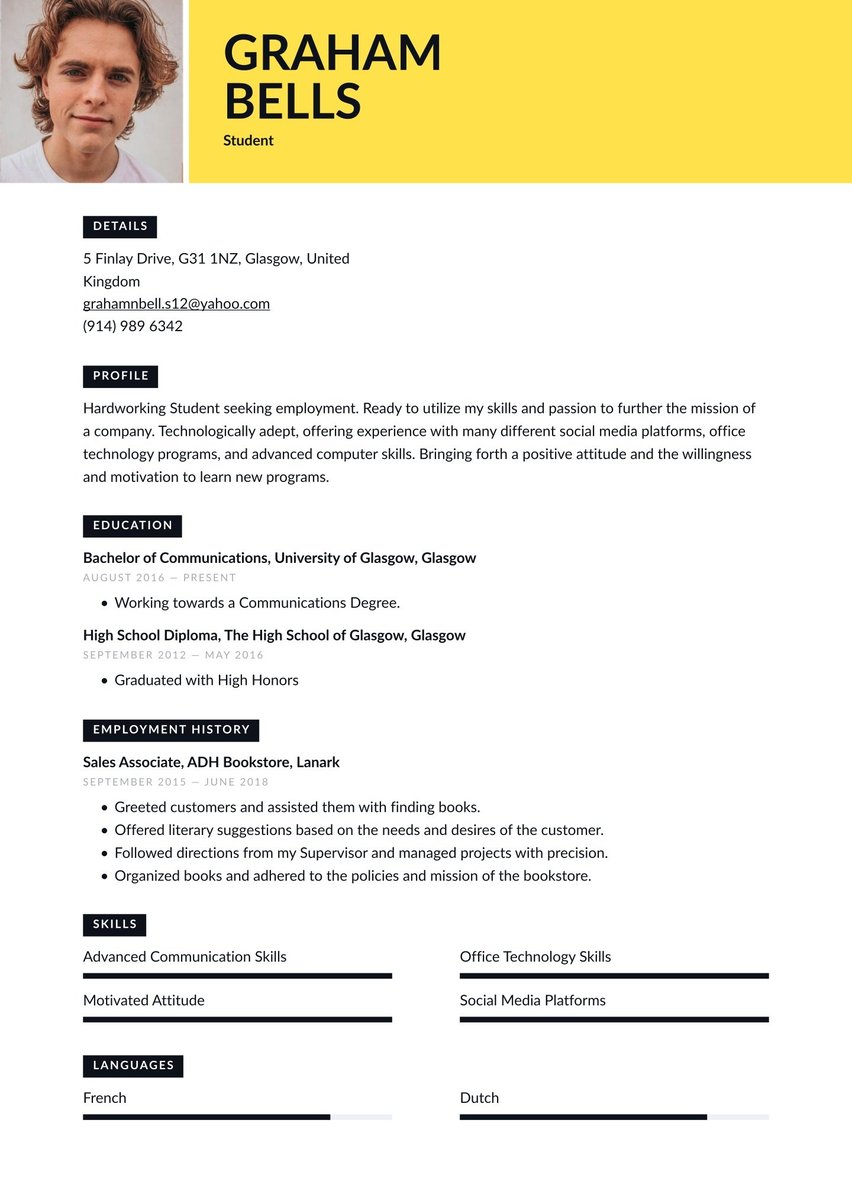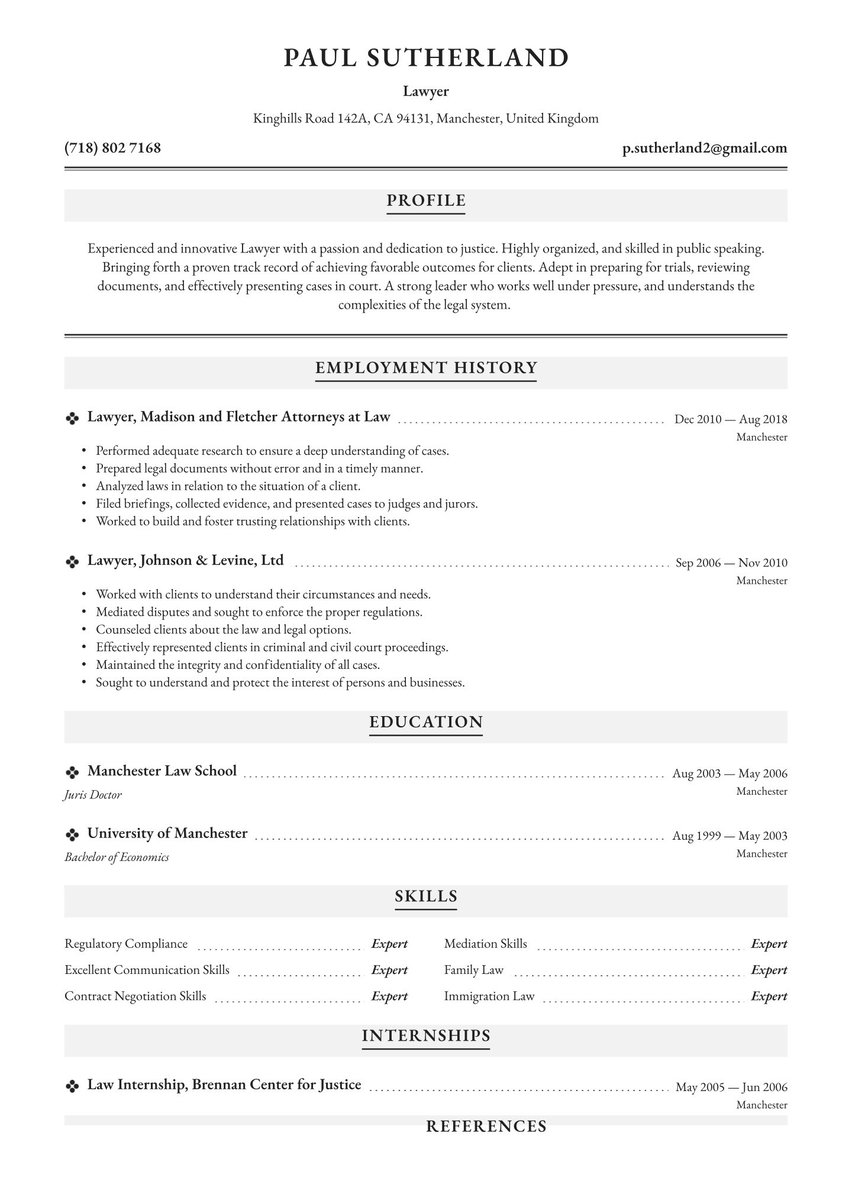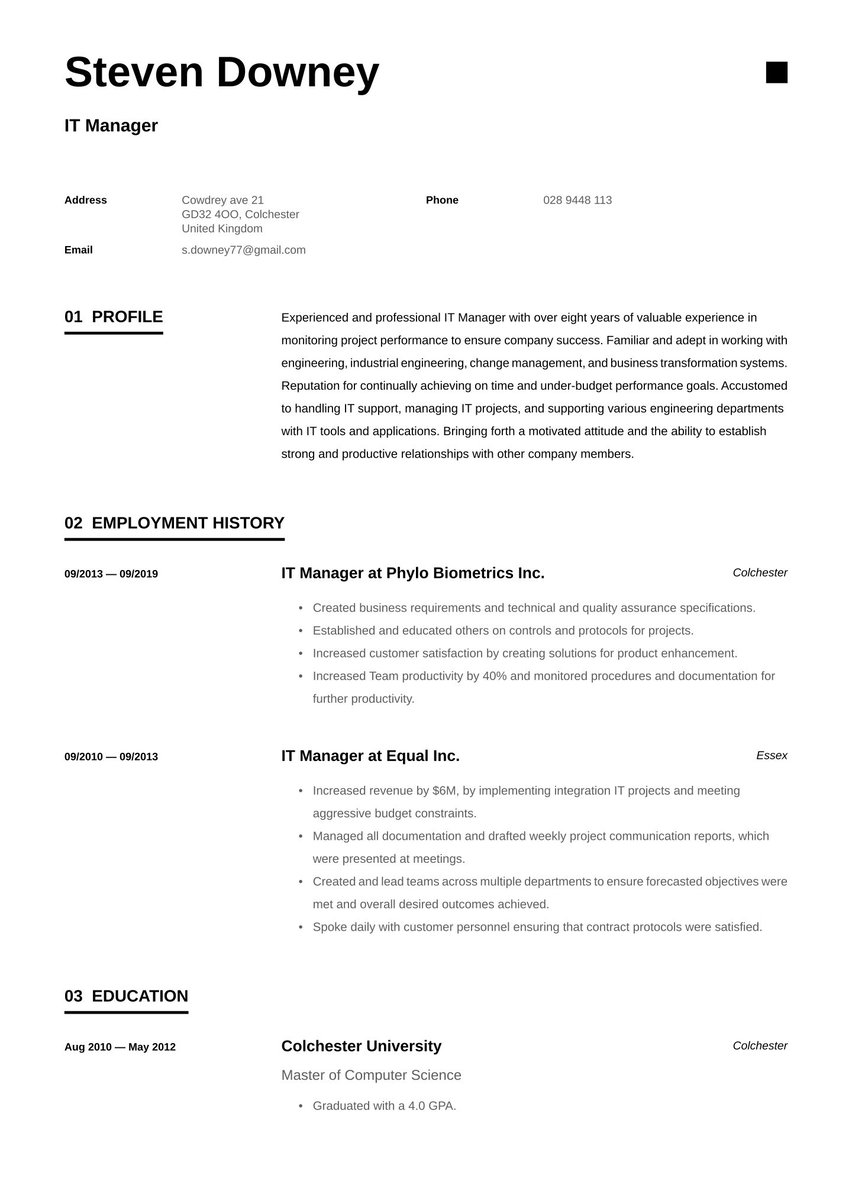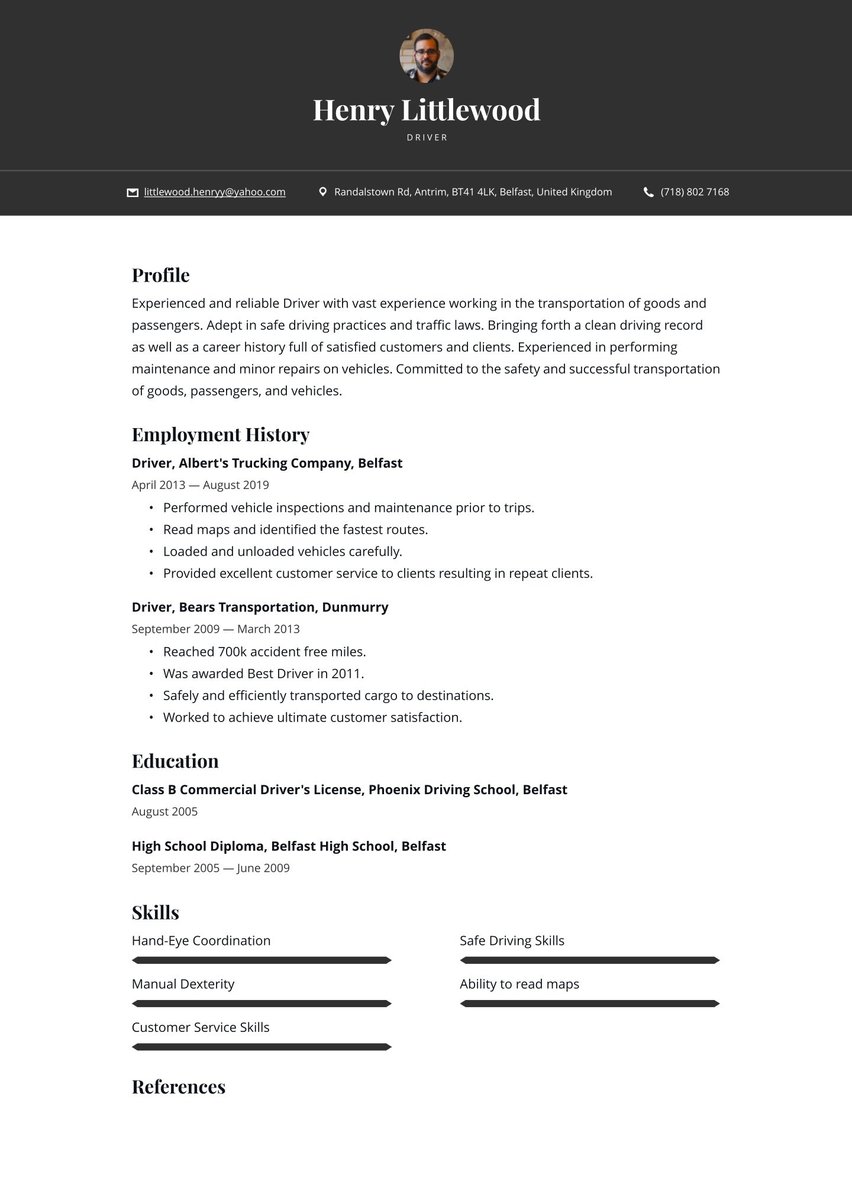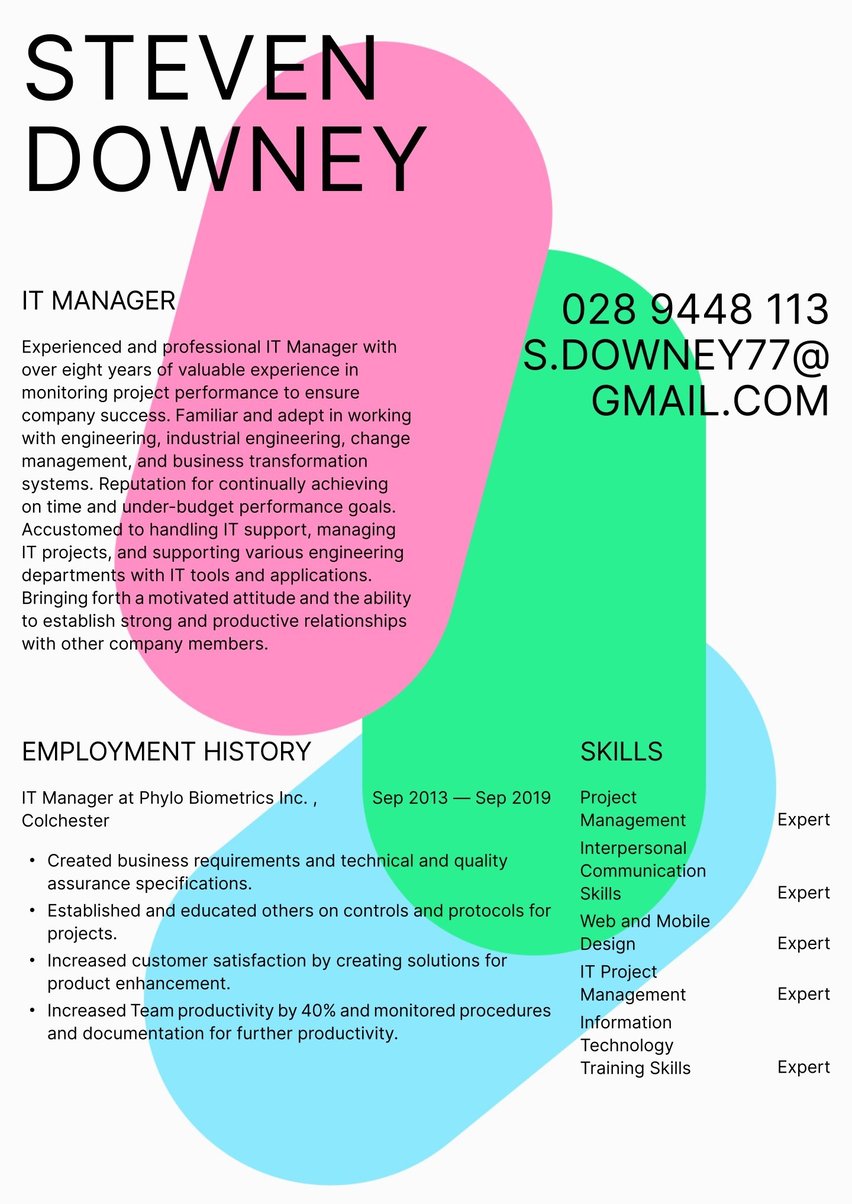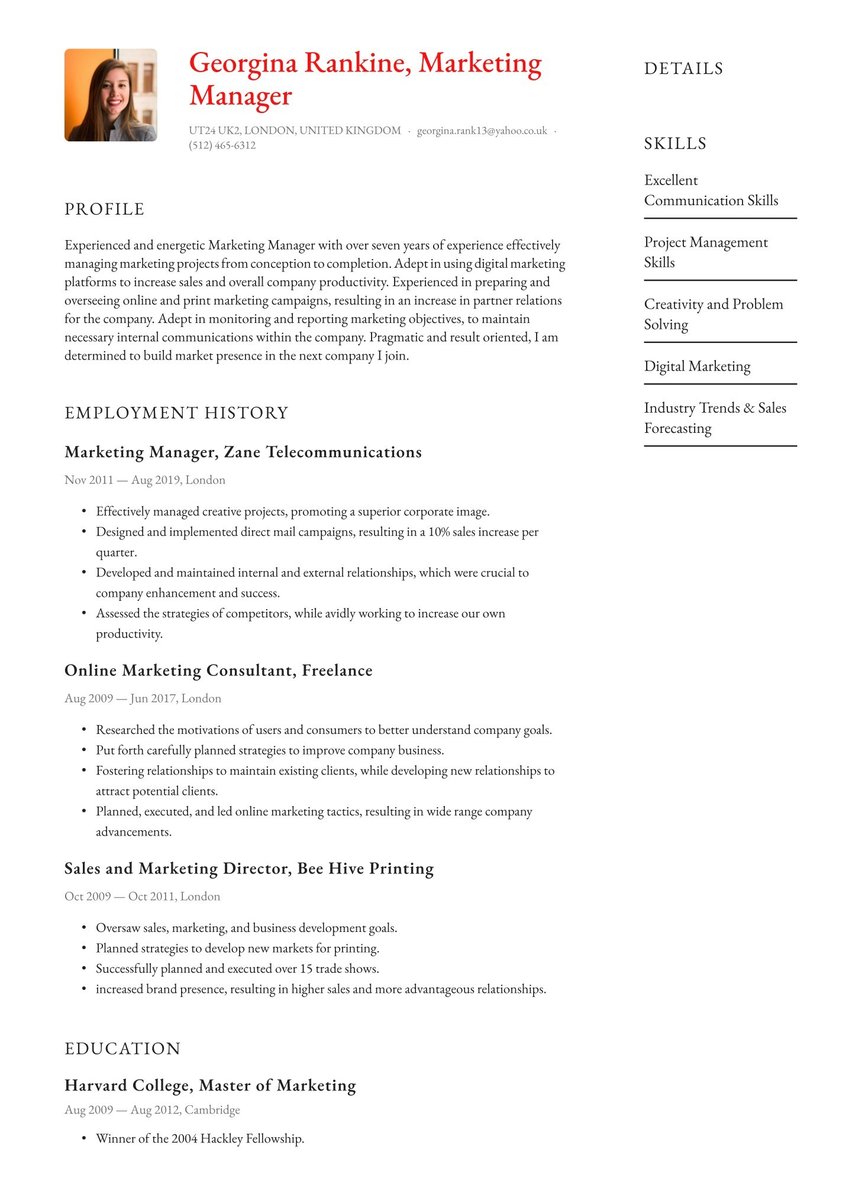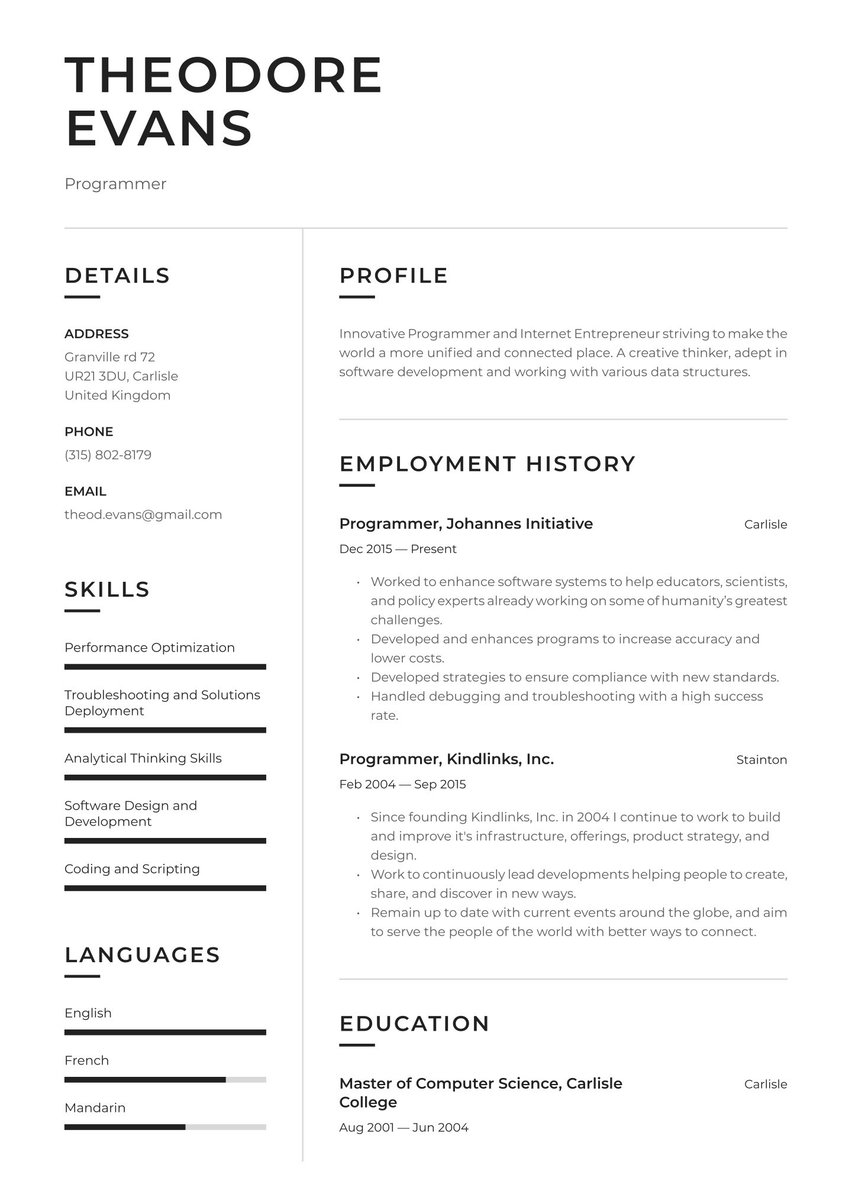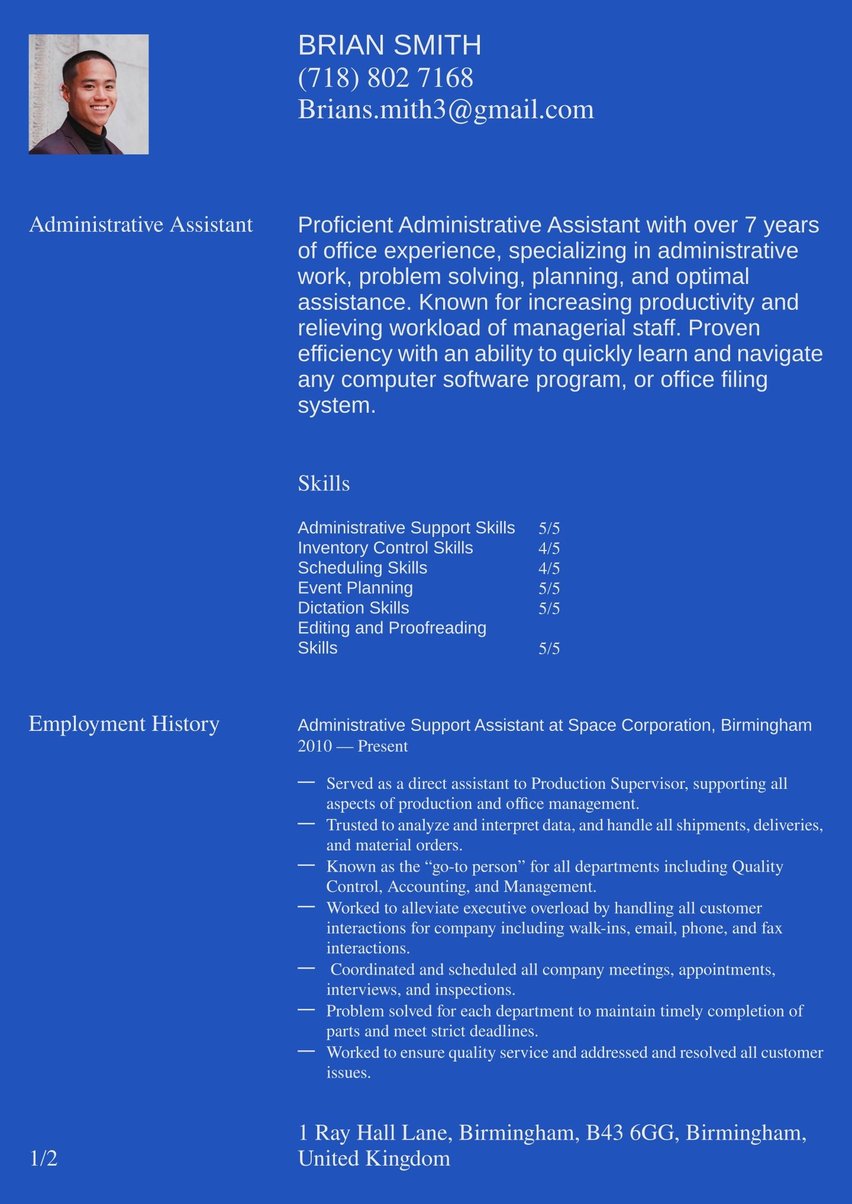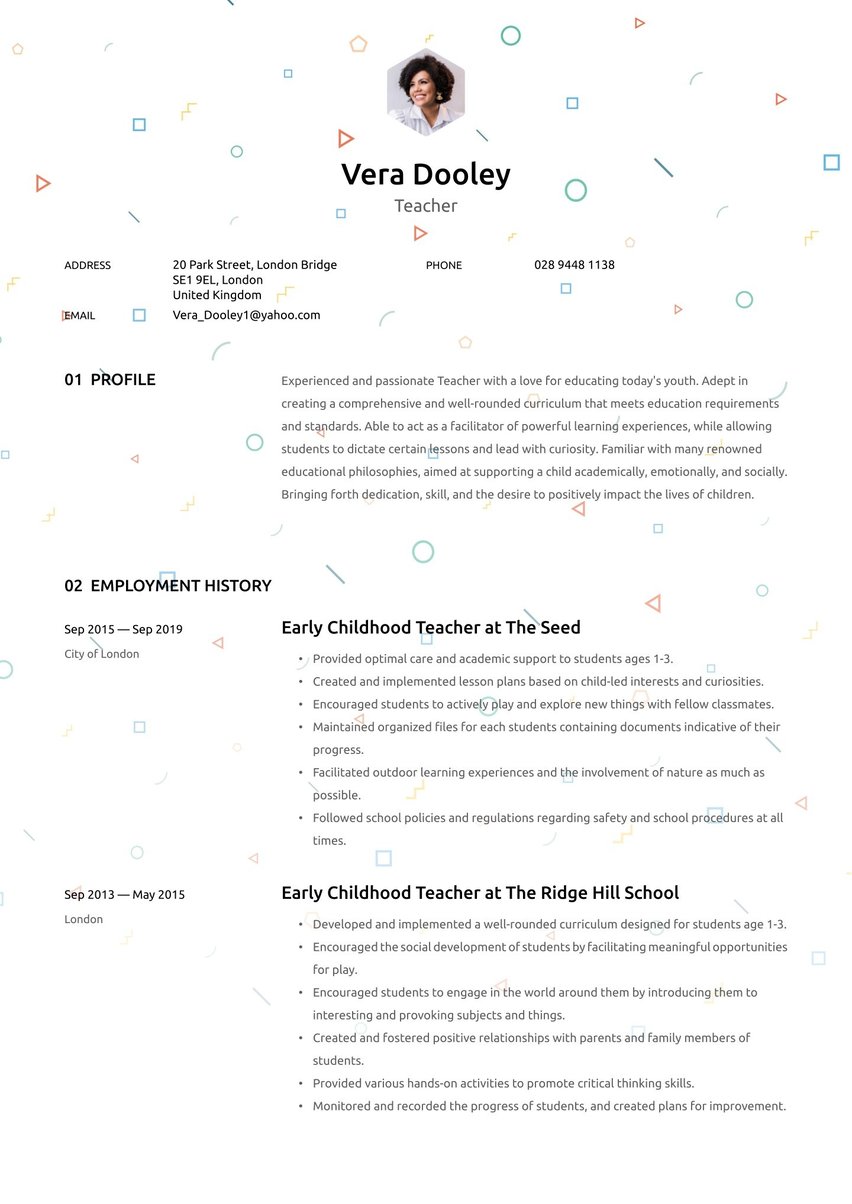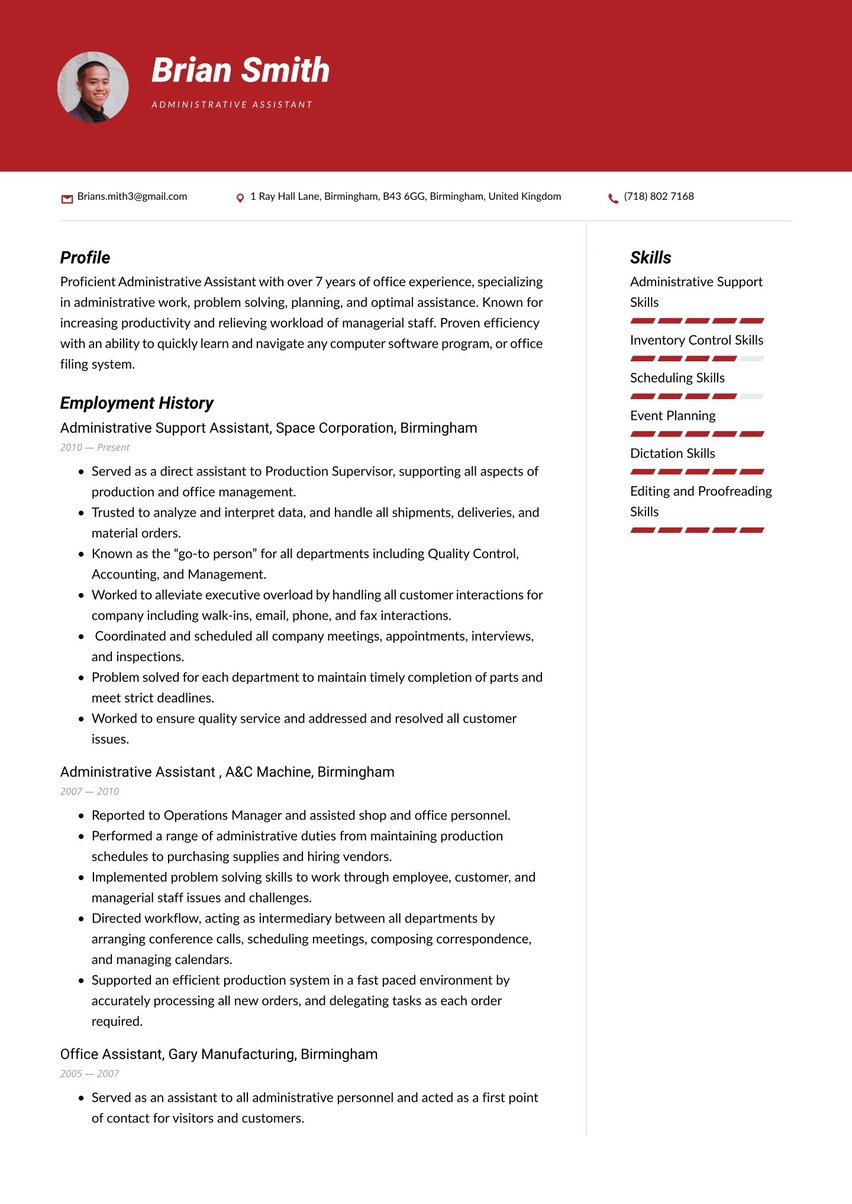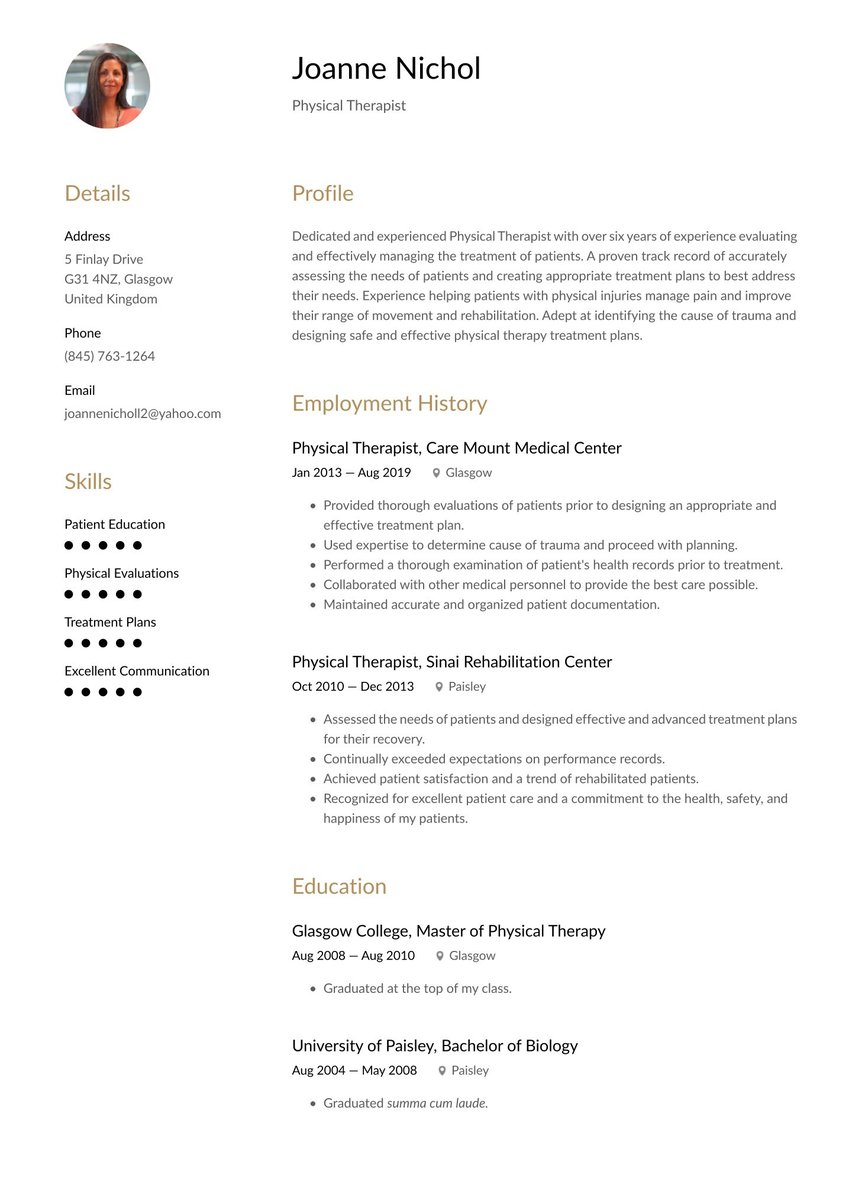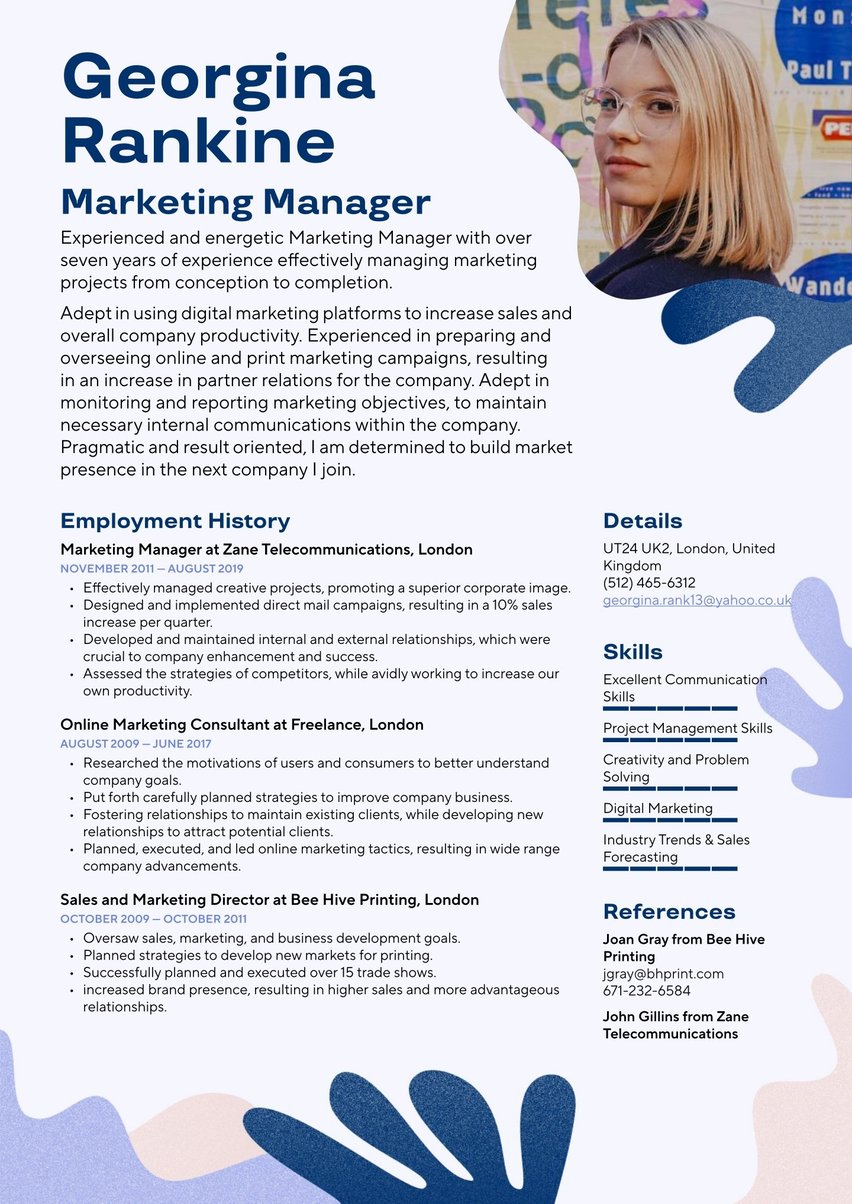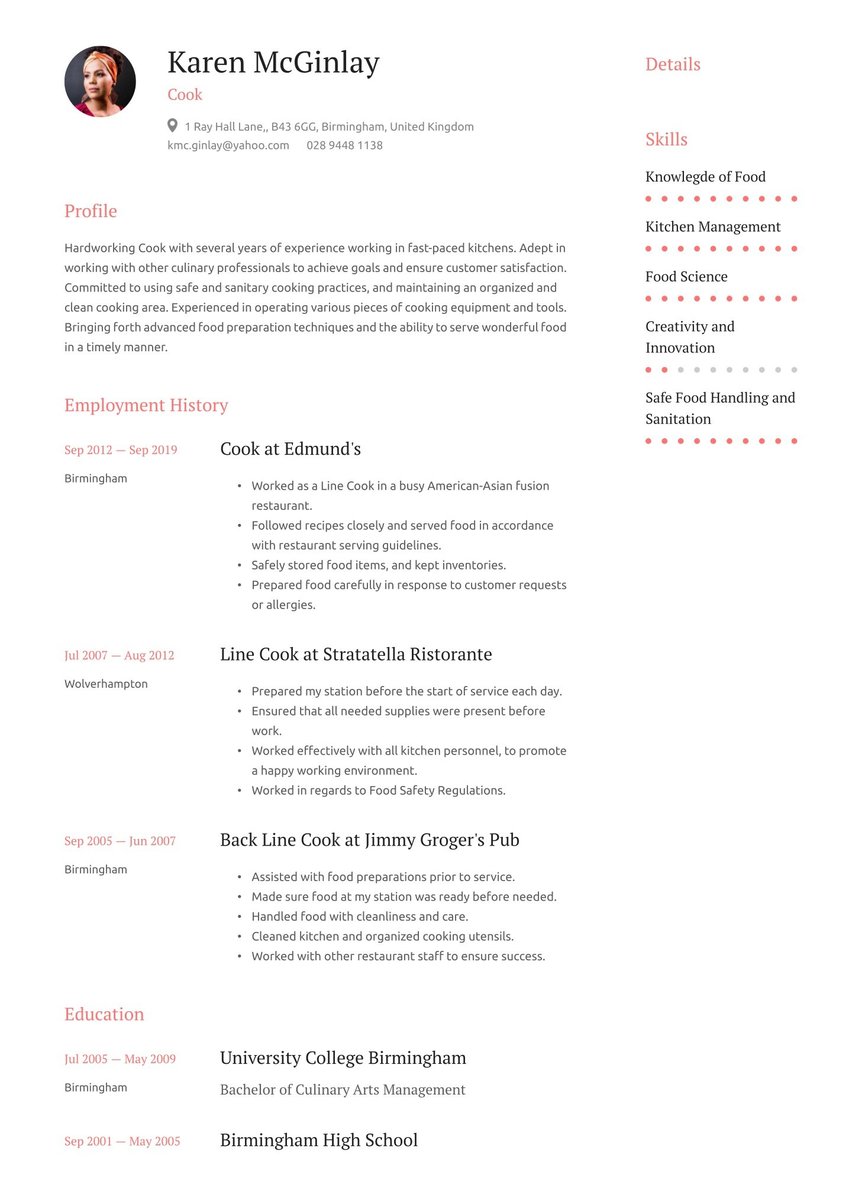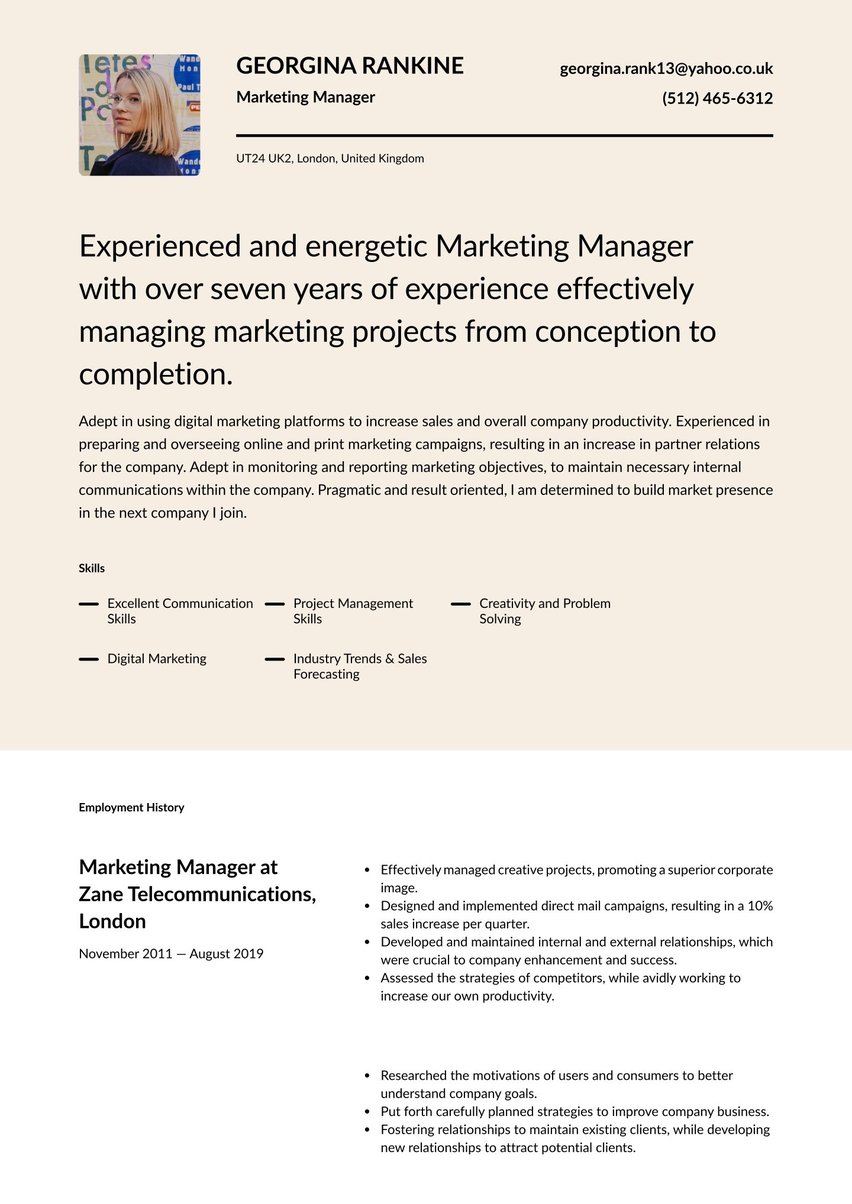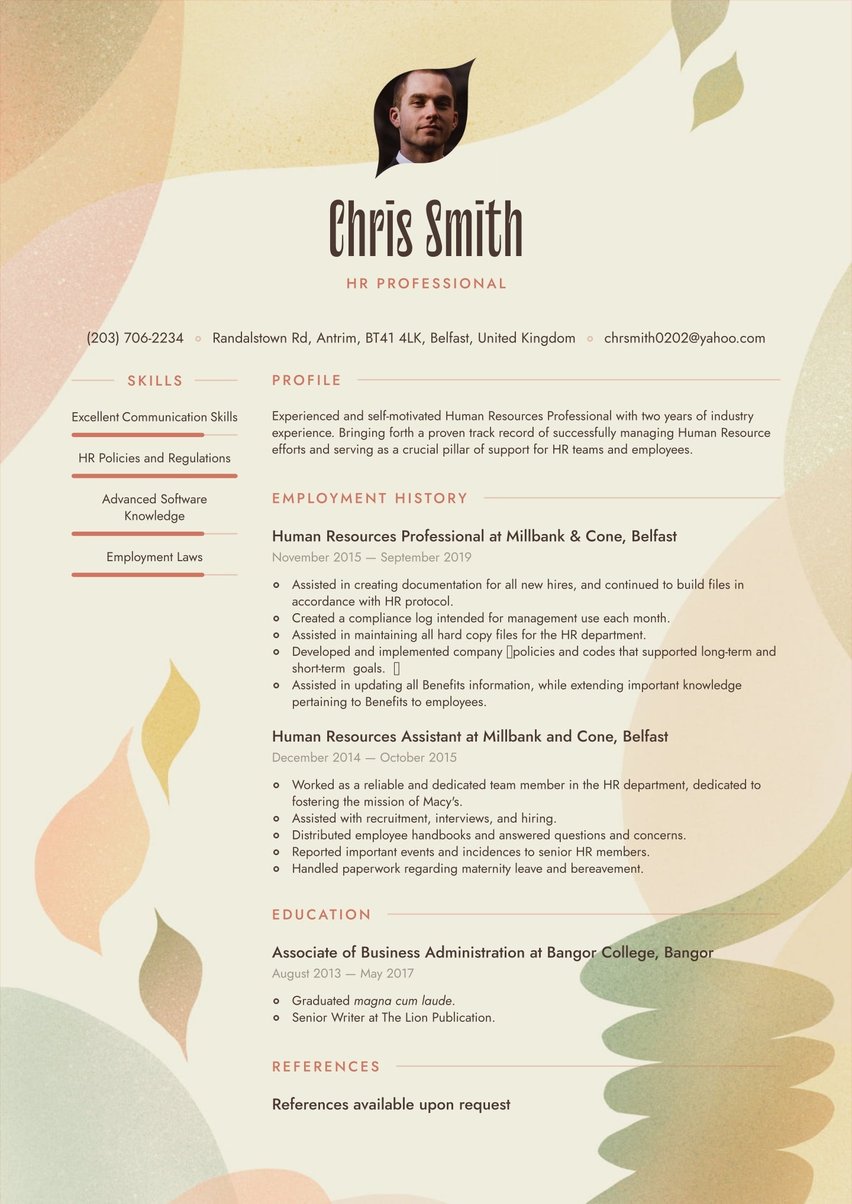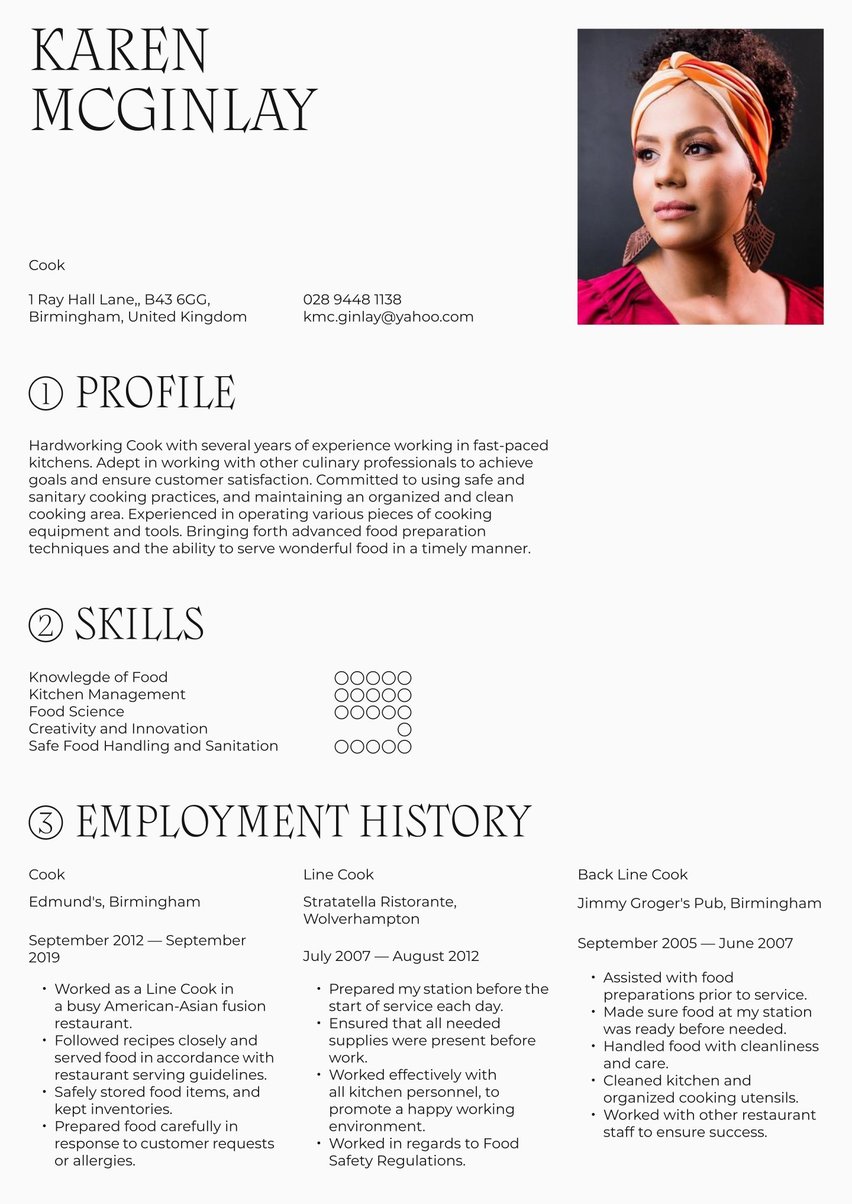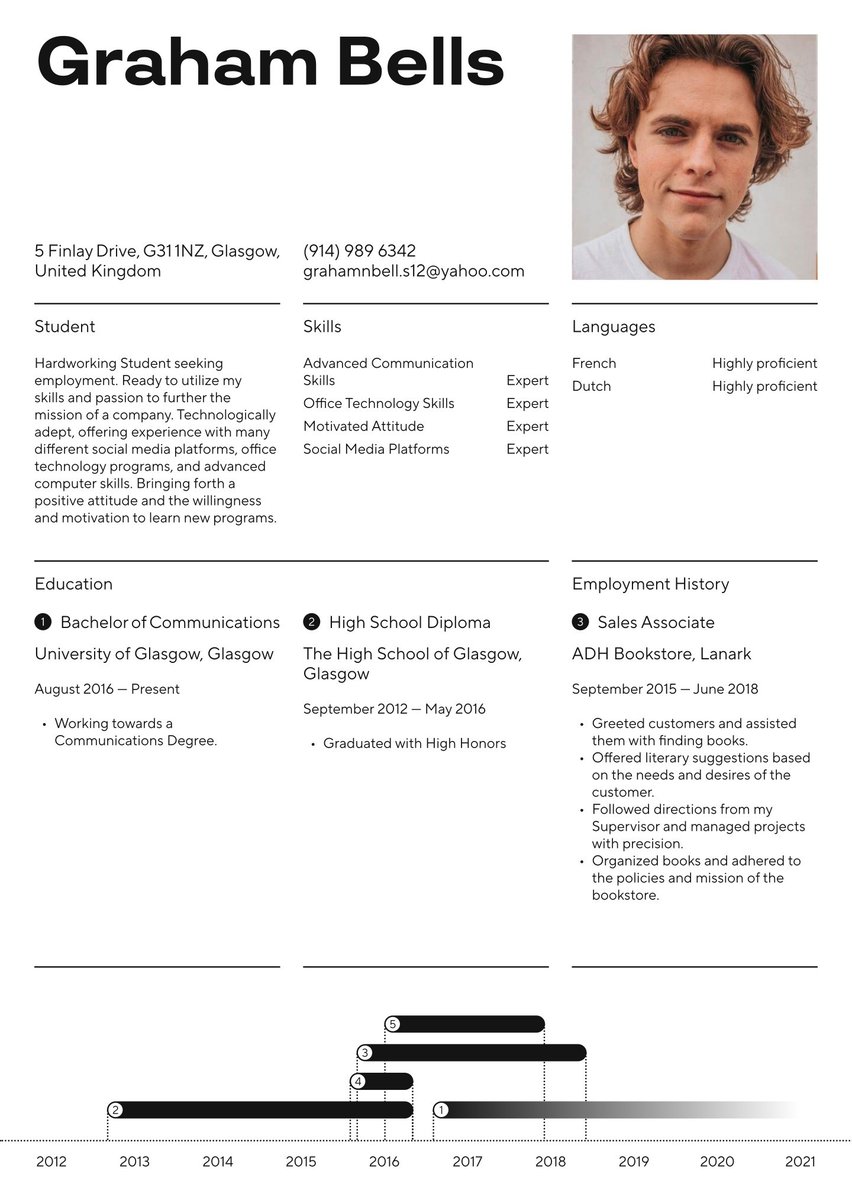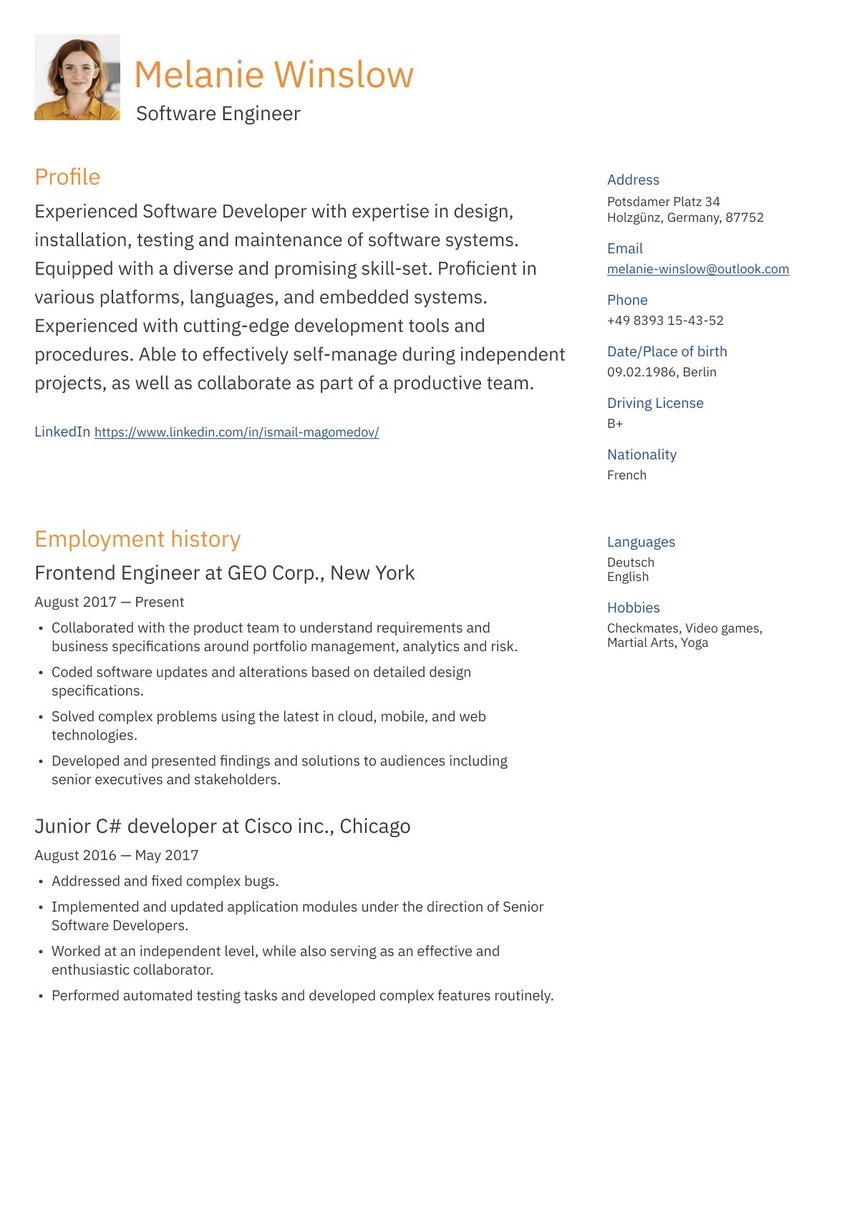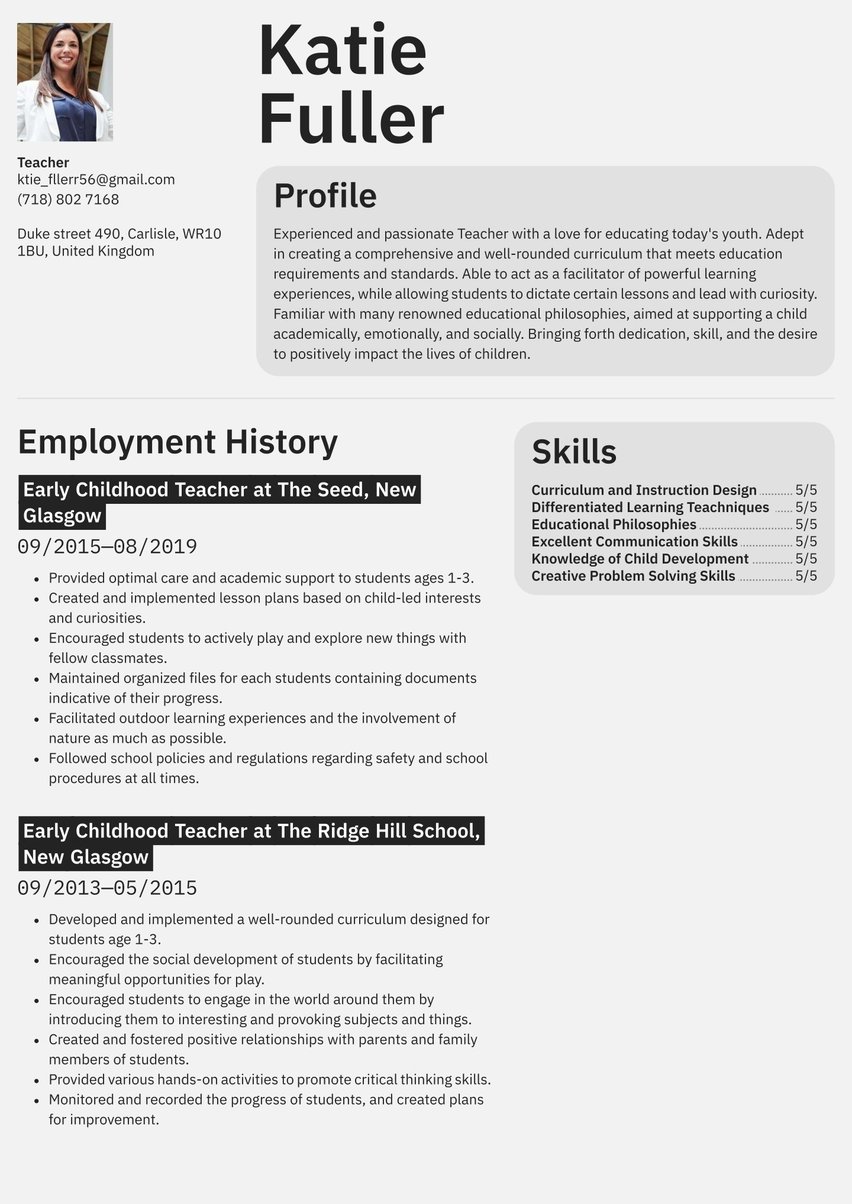Graduate Civil Engineer with extensive knowledge of structural components, technical competence, and an in depth understanding of engineering theory. Passionate about civil engineer, particularly environmental, rail and road, and a desire to join an organisation that offers challenges and opportunities to progress.
03/2021 - 09/2022, Intern, Paco Engineering, Edinburgh
- Responsible for reviewing and checking project drawings
- Developing detailed CAD designs
- Resolving design issues as necessary
- Compiling reports and ensuring accuracy
- Liaising with colleagues, and contract civil engineers
03/2019 - 09/2020, Intern, BCC Engineering, Edinburgh
- Supporting the Project Manager with day-to-day management
- Developing proposals for technical services
- Supporting the tender process, together with the Project Manager.
- Committed to Continuous Professional Development.
06/2018 - 08/2021, BSc Civil Engineering, University of Edinburgh, Edinburgh
Modules include:
- Engineering geology
- Civil and architectural engineering
- Geology
- Geomechanics
- Structural mechanics
- Ability to Work in a Team
- Leadership Skills
- Fast Learner
- Communication Skills
- Engineering
- CAD Software
Going into the world of work can be extremely daunting for a graduate. Will you find a job? Are there any prospects in your field and what does the future look like? These are all common concerns for graduates, and just like you managed to complete your education, you will face and succeed in this challenge too!
You should contact employers and your connections when looking for a graduate role. Some employers offer graduate schemes, while others may need a bit of encouragement. The start of the process is to deliver a CV to employers that gets you an A+ and we are here to help you do just that!
CV guide for a graduate CV
Here at Resume.io, we have all the resources you need, including guides and CV examples that cover over 150 professions. Another great tool is our CV builder, which makes creating a top-tier graduate CV a breeze.
This CV guide and corresponding graduate CV example will cover the following:
- How to write a graduate CV
- Choosing the right format for a graduate CV
- How to add your contact information
- Using summaries
- Adding your experience
- Listing education and relevant certifications
- Picking the right CV design/layout
- What the graduate job market looks like, and what salary you can expect
How to write a graduate CV
Before you plunge right in and start writing your graduate CV, allocate some time to focus on the general format you intend to use. This will make it so much easier to write your CV and—as a result—ensure your CV contains all the necessary elements to be successful. These include:
- The CV header
- The CV summary (aka profile or personal statement)
- The employment history section
- The CV skills section
- The education section
Consider the person you’re writing the CV for. Who will be reading it and why would they want to take you forward? With graduate schemes, it tends to be managers. Perform some background research on the role, company, and team so that you know your audience and what they consider to be an ideal graduate. This way you can set the right tone for your CV and demonstrate the specific value you will bring to the job opening.
Here are some top tips to bear in mind when creating your graduate CV:
- Tailor your CV to every job you apply for. This may only involve a few tweaks here and there, but this is vital. A graduate hire is a long-term investment for an employer, so they need to be sure they are investing wisely.
- Highlight your education section. Arguably the most important section on a graduate CV. Your education section should be placed prominently on the page. You can also include more detailed information such as key modules, projects, awards, and standout grades.
- Select a professional CV layout and design. Make sure it’s nothing outlandish and stick to no more than two fonts throughout.
- Use keywords where appropriate and take your time to ensure your CV conveys the right message to both humans and applicant tracking systems (ATS).
Optimise for the ATS
Applicant tracking systems (ATS) are used to quickly source and attract suitably qualified applicants, making them extremely popular with many employers. These systems scan CVs for certain keywords, and then weed out those that don’t match the job description. Having the right keywords on your CV is therefore vital.
The keywords you include on your CV will depend on the graduate job you are pursuing. For example, a job posting for a teacher training programme in the charitable sector may include:
- “Primary and early years teaching”
- “Strong communicator”
- “Creative lesson planning”
- “Supporting pupils to reach their full potential”
Integrating these keywords into your professional summary could look like:
“Driven English graduate, with a passionate commitment to pursuing a career in primary and early years teaching. Strong communicator, skilled in creative lesson planning while working as an English tutor. Dedicated to supporting pupils to reach their full potential.”
Choosing the right CV format for a graduate
One of the most popular CV formats is reverse chronological. Your employment section is the centrepiece of the CV, starting with your most recent role first, then working back to earlier roles to show your career trajectory. For a graduate CV, work history could include internships, work placements, and any other experience that aligns with your specific career goals.
But, what if you have zero practical experience? The solution here is the functional CV. This format shifts the spotlight from work experience to your skills, abilities, and qualifications. Highlighting your transferable skill-set, talents, and strong academic background removes the barrier of a lack of experience, allowing you to create a compelling story of why you’re the perfect fit for the graduate opportunity.
Choosing a format is really a judgement call. Make your decision based on what the employer is looking for in the job specification and what their essential criteria is, combined with your level of work experience, then select the CV format that fits.
Check out our CV templates to get some inspiration on the best format for your unique situation. We also have several versions for graduates available as CV examples.
Simple is best when considering the design and layout of your graduate CV. Your CV should always be aesthetically pleasing to the reader, so avoid design-heavy formats and distracting elements that could negatively impact readability.
Include your contact information
Your CV header is the first thing an employer will see. Projecting your professionalism here, could encourage the recruiter to read on and learn more about you.
Detailing your contact information in a clear and accessible way will also help the HR team and ATS quickly find or scan this information. Here's what you need to include:
- Full name & title. Start by listing your first name and surname, followed by the title of the graduate position you're targeting. For example “Graduate Civil Engineer.”
- Professional email address. Use a professional email address, ideally one that simply uses your first name and last name. Avoid any nicknames or quirky references.
- Phone number. Add a phone number where you can easily be reached. Your mobile number is likely to be a good option. Ensure a professional voicemail greeting too.
- Location. You may be living between student accommodation and home, if so list the city or general location in which you are looking to work. “Willing to relocate,” is also perfectly fine if applicable.
- LinkedIn. If you have a LinkedIn profile make sure it is updated and consistent with your CV, then add a hyperlink so the recruiter can easily access your profile.
Don't include:
- Personal details: Professional photograph, date of birth, nationality, marital status, and number of children are not required or expected on a graduate CV in the UK.
- Social media accounts: Avoid sharing any personal Twitter / X, Instagram, Snapchat, and Facebook accounts.
Jane Lineker
Graduate Data Scientist
Edinburgh, UK
07725 764 448
jane.lineker@email.com
Jane Lineker
Agile Data Champion
65 Taylor Road, Edinburgh, UK
07725764448
doctordata@email.com
Make use of a summary
When the hiring manager picks up your graduate CV and starts reading, they don’t know you. You are completely fresh and new to them. Therefore, the first paragraph (your summary or graduate CV profile) is your first chance to introduce yourself and attract some attention.
The summary is where you sell yourself and entice the reader to want to learn more about you. You should refrain from describing yourself in the first person (i.e., using ‘I’, or your name) and focus on including an interesting anecdote or standout achievement to hook the reader. For instance, “Achieved a first-class master’s in Engineering with a merit pass and an Outstanding Academic Achievement award.”
Don’t be tempted to duplicate content from other sections of your graduate CV. Instead, simply condense the main points into a couple of short sentences. Use action verbs for maximum impact, such as ‘achieved,’ ‘resolved,’ ‘collaborated,’ and ‘delivered.’ Get to the point quickly, and highlight your key strengths as well as your future career interests.
Writing your summary is much easier when you have some well-written examples to review. Check out our related CV examples:
You can find adaptable graduate CV example summaries below:
Graduate Civil Engineer with extensive knowledge of structural components, technical competence, and an in-depth understanding of engineering theory. Passionate about civil engineering, particularly environmental, rail and road, and a strong desire to join an organisation that offers challenges and opportunities to progress.
Ambitious finance graduate, experienced in delivering analytical support to aid critical decision-making in the FMCG sector via a two-year overseas placement with P&G. Consistently delivers projects on time, within budget, and to exacting specifications. Currently pursuing Financial Analyst Specialist (FASC) certification.
Driven MBA graduate, keen to leverage advanced proficiency in AI, business analytics, and project management to benefit Meta. Secured distinction (93%) in MBA completed at London Business School. Combines an agile approach, with strong relationship-building skills, and a commitment to driving continual improvement.
Outline your work experience: the journey continues
As a graduate, you will either have no experience or little, so the employment history section may be a bit sparse. This causes some candidates to get into a full-blown panic, as they don’t know what to write and they are worried it won’t be sufficient.
The first thing to remember is that as a graduate, the hiring manager is not expecting you to have a wealth of experience. In fact, any experience will be a bonus. Don’t worry too much about this section, but if you do have any experience, make sure you fill out this section. Even if this experience is not in keeping with the sector you are looking to join, you will still have gained valuable transferable skills.
You should never write about your experience in paragraphs, always use bullet points to describe the most important aspects of the role. Don’t list every single duty, just the most significant. This will ensure your graduate CV is more direct and impactful.
It is always more enticing for a hiring manager to read a graduate CV sample that has some substantiated claims. Many job seekers simply list responsibilities, for example:
- “Contributed to research projects.”
- “Supported laboratory operations.”
- “Ensured a safe working environment.”
Quantifiable and specific positive outcomes will make your CV more alluring, which is the ultimate goal. Revamping these bullet points can make all the difference:
- “Contributed to a key project exploring image processing and the analysis of porous materials; subsequently published in the Journal of Geophysical Research.”
- “Optimised laboratory operations, including introducing a new storage solution that enhanced sample management.”
- “Supervised new laboratory technicians in compliance with HSE guidelines.”
Take a look at the graduate employment history CV sample below:
Intern at Paco Engineering, Edinburgh
March 2021 - September 2022
- Responsible for reviewing and checking project drawings
- Developing detailed CAD designs
- Resolving design issues as necessary
- Compiling reports and ensuring accuracy
- Liaising with colleagues, and contract civil engineers
Intern at BCC Engineering, Edinburgh
March 2019 - September 2020
- Supporting the Project Manager with day-to-day management
- Developing proposals for technical services
- Supporting the tender process, together with the Project Manager.
- Committed to Continuous Professional Development.
Include the relevant key skills that make a great graduate CV
The skills you possess, along with your education, are the key elements of a graduate CV, especially if you have minimal work experience. Highlight the skills that are most relevant to the role in the key skills section as well as the summary and work experience sections.
Combining hard and soft skills will make your graduate CV more compelling. Hard skills relate to job-specific training, such as SEO marketing, technical skills, or engineering for example.
Soft skills, also known as people skills, are transferable across diverse roles and industries. Teamwork, adaptability, communication, and leadership, are a few examples of soft skills that employers value and are therefore in demand.
Our CV builder has numerous examples of key skills and proficiency ranges that you can easily adjust. Don’t forget to weave in your own unique skills to add that personal touch.
Here's what the skills box looks like in our graduate CV template.
- Ability to Work in a Team
- Leadership Skills
- Fast Learner
- Communication Skills
- Engineering
- CAD Software
The best way to demonstrate your skills is by showcasing them in action. This goes a long way to boosting your credibility, by not only presenting your skill set but backing up the skills being put forward with concrete examples and positive outcomes.
For example, in your professional profile and work experience, highlight your:
- Communication skills by being able to convey your thoughts in a clear, concise, and informative way that ensures optimal customer satisfaction levels.
- Teamwork by highlighting your success working in a cross-functional team on a key university project that won an award.
- Time management by simultaneously juggling university studies, extracurricular activities, and a part-time job to consistently high-quality standards.
Rather than second guessing what an employer is looking for in terms of key skills, refer to the job description. Look out for skills that are emphasised as important or repeated.
Avoid overused buzzwords on your graduate CV
Recruiters read the same buzzwords on CVs time and time again, and it can get quite monotonous for them! Avoid generic phrases such as “able to hit the ground running” or “can work under pressure” and replace them with something more meaningful and interesting, such as “strong communicator with the ability to lead teams of up to 50 staff members.”
Detail your education & relevant graduate certifications
The education section is the star of the show on your graduate CV. After all, this is where you have invested a lot of time, effort, and financial input recently, so it’s perfectly acceptable to blow your own trumpet here.
You should state your most recent qualifications (including your grade) and work your way back to earlier qualifications. The graduate job description is likely to have specific criteria related to education requirements, so make sure you tick all these boxes to confirm your eligibility for the role. Here are some additional areas to consider:
- Modules and key projects. Detailing relevant final year modules and key projects underneath your degree will showcase essential job-related skills.
- Awards. University awards for strong performance or external awards, such as the Duke of Edinburgh Award, demonstrate your commitment to excellence.
- Earlier education. Graduate job postings often ask for a broader picture of your education, so listing your A Levels and GCSEs, including subjects and grades in some cases, is typically a requirement.
Check out the education section from our adaptable CV sample below:
BSc Civil Engineering, University of Edinburgh, Edinburgh
June 2018 - August 2021
Modules include:
- Engineering geology
- Civil and architectural engineering
- Geology
- Geomechanics
- Structural mechanics
Pick the right CV layout and design for a graduate CV
At the end of the day, your main priority is to achieve an interview from your graduate CV. The content is, of course, the main element of any CV, but the design and layout should also be a priority. Your CV should be easy to read, with clear, concise language. Employers are often time-pressed, so it’s best to be direct.
If you consider how you will structure and design a presentation for university, you should take the same approach with your CV. Keep it simple, sleek, and easy to read and you can’t really go wrong with the design.
Fine-tuning the formatting on your graduate CV is equally important. After all, a final polish can make your graduate CV truly sparkle. Selecting a simple and professional font, ensuring consistent spacing, uniform margins, and proper alignment on the page will project your professionalism to the recruiter.
While formatting is important, it can also be extremely time-consuming. Speed this process up by using our field-tested CV templates to avoid any CV design and formatting issues.
Graduate text-only CV example
Profile
Graduate Civil Engineer with extensive knowledge of structural components, technical competence, and an in depth understanding of engineering theory. Passionate about civil engineer, particularly environmental, rail and road, and a desire to join an organisation that offers challenges and opportunities to progress.
Employment history
Intern at Paco Engineering, Edinburgh
March 2021 - September 2022
- Responsible for reviewing and checking project drawings
- Developing detailed CAD designs
- Resolving design issues as necessary
- Compiling reports and ensuring accuracy
- Liaising with colleagues, and contract civil engineers
Intern at BCC Engineering, Edinburgh
March 2019 - September 2020
- Supporting the Project Manager with day-to-day management
- Developing proposals for technical services
- Supporting the tender process, together with the Project Manager.
- Committed to Continuous Professional Development.
Skills
- Ability to Work in a Team
- Leadership Skills
- Fast Learner
- Communication Skills
- Engineering
- CAD Software
Education
BSc Civil Engineering, University of Edinburgh, Edinburgh
June 2018 - August 2021
Modules include:
- Engineering geology
- Civil and architectural engineering
- Geology
- Geomechanics
- Structural mechanics
Graduate job market and outlook
There are literally hundreds of large organisations that actively recruit graduates, with some of the most well-known brands being huge graduate employers.
Graduates are often an attractive prospect for employers as they bring strong academic knowledge and a fresh perspective. There is also the added bonus of being able to mould the graduate to fit into the company culture, something that is difficult to do with experienced staff with a few years under their belt.
The outlook for the graduate job market is pretty promising, with only a gradual fall in overall vacancies predicted for the remainder of the year. According to ISE, tech, finance and business services such as marketing and HR will remain reasonably buoyant, as well as health, education and social care.
There is some healthy competition out there for graduate roles though, which is why it is vital that you create a graduate CV that will shine brighter than your competition.
What type of salary you can expect in a graduate job
Graduate salaries are wide-ranging, and it will depend on the industry you are employed in, as well as your location. The average salary, according to ISE (Institute of Student Employers), is around £33,229, although this is mainly for large organisations or those offering graduate schemes. Don’t be disappointed if you are offered a lower salary, as this is quite a high figure, and should not be the expectation. Starting your career on around £27,000 is reasonable.
Which are the best-paying industries?
Wondering what salary your field of study will attract? According to ISE data, the following industries are at the upper end of the graduate payscale:
- Legal – £42,810
- Finance & professional services – £32,316
- Digital & IT – £32,441
- Health & Pharmaceuticals – £30,125
- Energy, engineering & industry – £28,667
- Retail / FMCG & Tourism – £26,333
- Built environment – £26,708
- Charity & public sector – £27,966
Key takeaways for building a graduate CV
Creating a graduate CV can be tough, especially when you have little or no direct experience in your chosen field. Employers will understand this though. Investing time and effort to present your skills, abilities, and qualifications in the best light, while ensuring your CV is tailored to the specific graduate opportunity is a trusted winning formula.
Ready to get started on your graduate CV? Elevate your job search by using our online CV builder to create a top-tier CV and land a great graduate opportunity.

